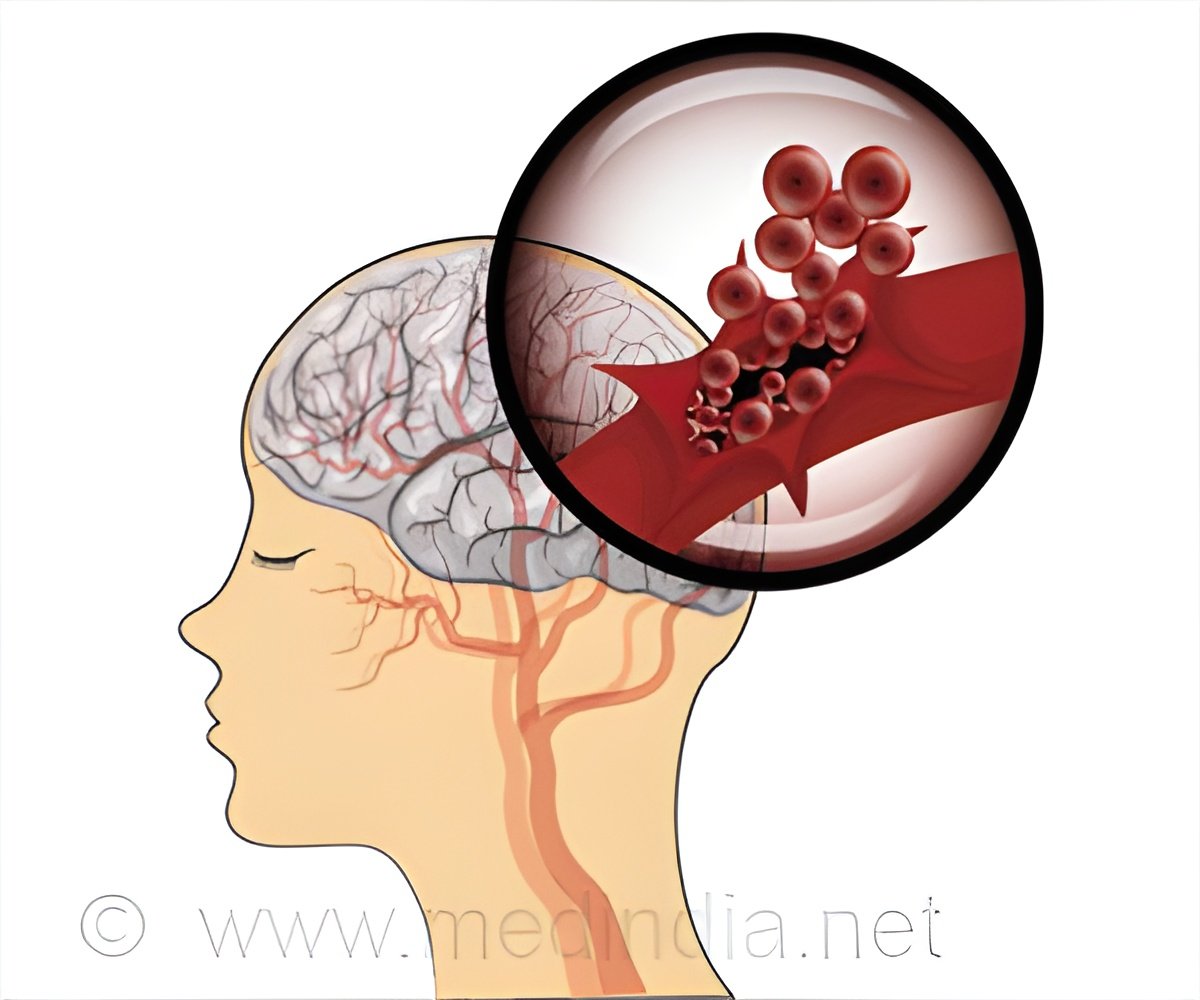
Recent research has shed light on a concerning trend: strokes are not solely a problem for older adults. The study found that individuals aged 18-50, often considered relatively young, are at risk for Large Vessel Occlusion Acute Ischemic Strokes (LVO-AIS).
What is LVO-AIS
LVO-AIS, caused by blockages in major cerebral arteries, are particularly debilitating. While typically associated with older adults due to their higher risk factors, this new research confirms that younger individuals can also develop these conditions.
Regular check-ups with a healthcare provider and proactive testing are crucial for early detection and prevention of strokes in all age groups.
The data shows that young adults suffer from large-vessel occlusion strokes just like older adults, and the majority have good outcomes if they arrive in a timely fasion and are treated with IV thrombolysis and thrombectomy.
The study looked at the young adult stroke population, while most studies have looked at older adults when looking back at patient populations. Cleveland Clinic looked at over 1,200 young adult patients from 2017 to 2021 in Ohio. Of that group, nearly 20% had large-vessel occlusion ischemic strokes, very similar strokes to older adults.
Half of the patients received no intervention, while 25% of those got no acute intervention because they arrived at the hospital too late. Had they arrived earlier, they could have been eligible for IV thrombolysis and possibly both IV thrombolysis and thrombectomy.
“This research helps us raise awareness about recognizing stroke symptoms in young adults early and that getting prompt treatment is paramount to achieve good outcomes,” said Abbas Kharal, M.D., a cerebrovascular neurologist with Cleveland Clinic’s Cerebrovascular Center. “Further study is needed to identify barriers as to why young adults are delayed in seeking treatment for stroke, especially when they can have better outcomes than older adults if treated promptly. Many people still think of stroke as an event happening in the older population, but that is not what we are seeing in our practices. The younger population faces similar risk factors which need to be addressed through routine clinical check ups.”
Advertisement
Dr. Kharal said that young adult patients in our study experienced large-vessel occlusion strokes from blood clots or plaque formation, factors that are typically thought of in older adults, in addition to other causes including arterial diseases and cardiac issues. Ongoing studies at Cleveland Clinic are looking at more detailed causes of large vessel occlusion ischemic stroke in young adults. We must urge young adults to recognize stroke symptoms and seek immediate medical attention when faced with new neurological deficits. Moreover, emphasizing the importance of stroke risk factor screening and control of these risk factors can help reduce stroke risk in young adults.
Source-Eurekalert



